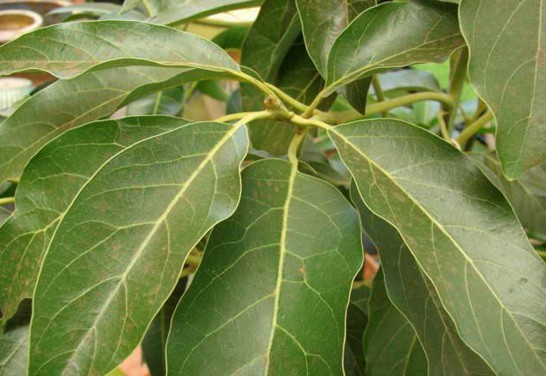As more and more people turn from coffee to tea for their relaxation drink, it only makes sense that these kinds of questions pop up. Tea indeed is one of nature’s most versatile beverages in terms of ingredients. You can make tea out of dried butterfly pea flowers, tomatoes (combined with mint), reishi mushrooms, and cloudberries. It was only a matter of time until avocadoes came to play in the tea-Olympics. So, avocado leaf tea it is.
Some people call this one California Tea, probably because Madison Avenue teaches us that Californians put avocado and/or guacamole on everything. As a native Californian, I assure you this is not the case. But what about avocado leaves? Do they make tasty tea? Let us find out.
How Do You Make Avocado Leaf Tea?
1. To prepare avocado leaf tea, slice an avocado, and remove the seed.
2. Add the seed to a container filled with water. Bring the water to a boil until it becomes soft.
3. Remove and slice the seed into small pieces. Grind the seeds in your food processor.
4. Add the resultant seed powder to a vessel with hot water, simmering it for about 3.5 minutes.
5. Pour the tea in a cup. Add a few drops of honey or any other natural sweetener if desired.

Avocado leaf tea is rich in health benefits
Are Avocado Leaves Poisonous to Humans?
Yes and no. Of course, that is an odd answer when it comes to poison, but let us explain. There is a very slight amount of persin, which is a fungicidal toxin similar to fatty acid in the leaves of an avocado tree. But there is only a minuscule amount. That means the avocado seed is not poisonous to humans unless consumed in massive quantities.
Can We Eat Avocado Leaves?
Diana Kennedy addresses this in her book From My Mexican Kitchen. “There have been some concerns about the toxicity of avocado leaves. The toxicity reports refer to a study done in 1984 at the Cal/Davis. Tests showed that dairy goats suffered some toxic effects from ingesting large amounts of avocado leaves (the toxic agent remains unknown).” The crucial point, according to Dr. Arthur L. Craigmill, toxicology specialist at Davis and one of the authors of the study, is that the toxic effects were traced to the Guatemalan avocado (Persea American). When the goats were fed California or Mexican avocado leaves, there was no problem.
Is Avocado Leaves Good for High Blood Pressure?
Yes, and more than that! Avocados are rich in monounsaturated fats. They are great for improving cholesterol and reducing inflammation. Also, avocado leaves contain more potassium than bananas, so they are brilliant in the management of cramping and blood pressure. Moreover, their high fiber makes them a change agent for weight loss and control of blood sugar. On top of that, they also contain vitamins A and C that are great for your skin.
If you haven’t already (and I just did), brew up some avocado leaf tea, and celebrate the moments of your life. Is it the tea that is making you feel better about it all? While Gildshire can’t tell you for sure, it just might be.




